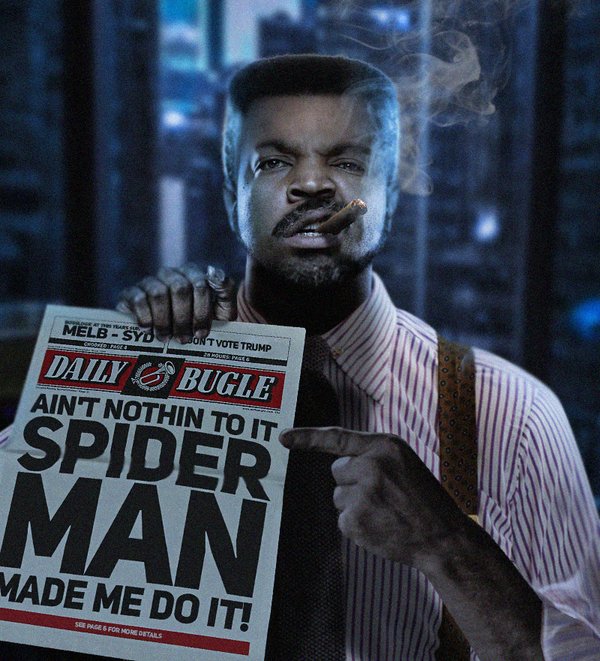Medicare is going to test new ways to reimburse doctors for medications, in hopes they’ll choose less expensive drugs.
The plan would alter Medicare Part B, which pays for medicines administered in doctors offices or outpatient hospital clinics — to eliminate incentives for doctors to use the most expensive drugs.
The changes would have an outsize effect on cancer doctors and clinics. Medicare Part B shelled out about $7.8 billion on cancer drugs in 2014, or 42 percent of its total spending on drugs that year.
The program now reimburses the doctors or clinics for the cost of the medication plus a 6 percent fee. That means doctors and hospitals earn more money when they use pricier drugs.
As it is now, Dr. Patrick Conway, chief medical officer for the Centers for Medicare and Medicaid Services, called the reimbursement structure “perverse.”
“We’ve heard from oncologists who feel pressure from their health system to pick higher cost drugs even when they are not appropriate for a patient,” he said in a conference call with reporters on Tuesday.
The agency plans to test a reimbursement formula that would pay the cost of the drug, plus a 2.5 percent surcharge and a flat fee of $16.80.
Under the current system, a doctor earns just 60 cents for administering a $10 medication. An equivalent drug that cots $1,000, however, would bring in $60. Under the proposed formula, the cheaper drug in this example would generate a payment of $16.93 and the second one $41.80, according to CMS.
CMS officials say that change would mostly eliminate the incentive to choose a high priced drug over one that may be more appropriate. Medicare Part B spent about $20 billion on outpatient medicines last year.
“We’re trying to align the incentives to what’s best for patients and doctors,” Conway said.
The Medicare Part B plan would also reduce or eliminate the share of the drugs’ costs that patients have to pay.
Dr. Peter Bach, director of The Center for Health Policy and Outcomes at Memorial Sloan Kettering Cancer Center, says research shows doctors prescribe higher priced drugs when they bring in more profit.
“It is refreshing to see Medicare move towards an experiment where they pay for drugs using a flat fee reimbursement, where what doctors and hospitals make is related to giving the drug, not how much it costs,” Bach said in a statement to Shots.
But other cancer doctors aren’t so thrilled.
The American Society of Clinical Oncology opposes the CMS proposal. The proposal could have a major effect on oncologists because many cancer patients receive their chemotherapy treatments in doctors offices or clinics.
“It is inappropriate for CMS to manipulate choice of treatment for cancer patients using heavy-handed reimbursement techniques,” said ASCO CEO Allen Lichter in a statement posted on the physician group’s website.
ASCO, the Pharmaceutical Research and Manufacturers Association and about 100 other physician and advocacy groups sent a letter to Health and Human Services Secretary Sylvia Burwell last week opposing the payment changes.
“We believe that this type of initiative, implemented without sufficient stakeholder input, will adversely affect the care and treatment of Medicare patients with complex conditions,” the letter said.
The agency plans to field test the new reimbursement formula, as well as a handful of others ideas, in different regions of the country starting later this year. CMS will then compare the results to determine which changes are effective at reducing drug spending.
CMS is also planning to test a handful of so-called value-based pricing ideas. The first would pay for drugs according to how well they work.
For example, if a cancer medication is very effective in eliminating a specific tumor, but is also used on a second, different condition with less success, Medicare will pay less when it is used for the second condition than the first. Sloan Kettering’s Bach, who served as an adviser to CMS on cancer policy in 2005 and 2006, argued for varying payments for drugs this way in a 2014 paper published in JAMA, the Journal of the American Medical Association. The approach is called indication-based pricing.
The agency also plans to work with drugmakers to link prices to patient outcomes, perhaps paying less for medications when patients end up being admitted to a hospital.
Private insurers and pharmacy benefit managers have been testing similar ideas.
Cigna last month said it had agreed with drugmaker Novartis on a pay-for-performance deal for the heart failure drug Entresto. Under the agreement, Cigna will pay less if patients taking the medication are hospitalized for heart failure.
And Express Scripts, the biggest manager of pharmacy benefits, says it’s working with cancer drug manufacturers to pay indication-based prices that tie cost to how well the drugs perform.
The CMS proposal is open for public comment until May 9. Conway said the field tests will begin after the comment period is complete.
This entry passed through the Full-Text RSS service – if this is your content and you’re reading it on someone else’s site, please read the FAQ at fivefilters.org/content-only/faq.php#publishers.





